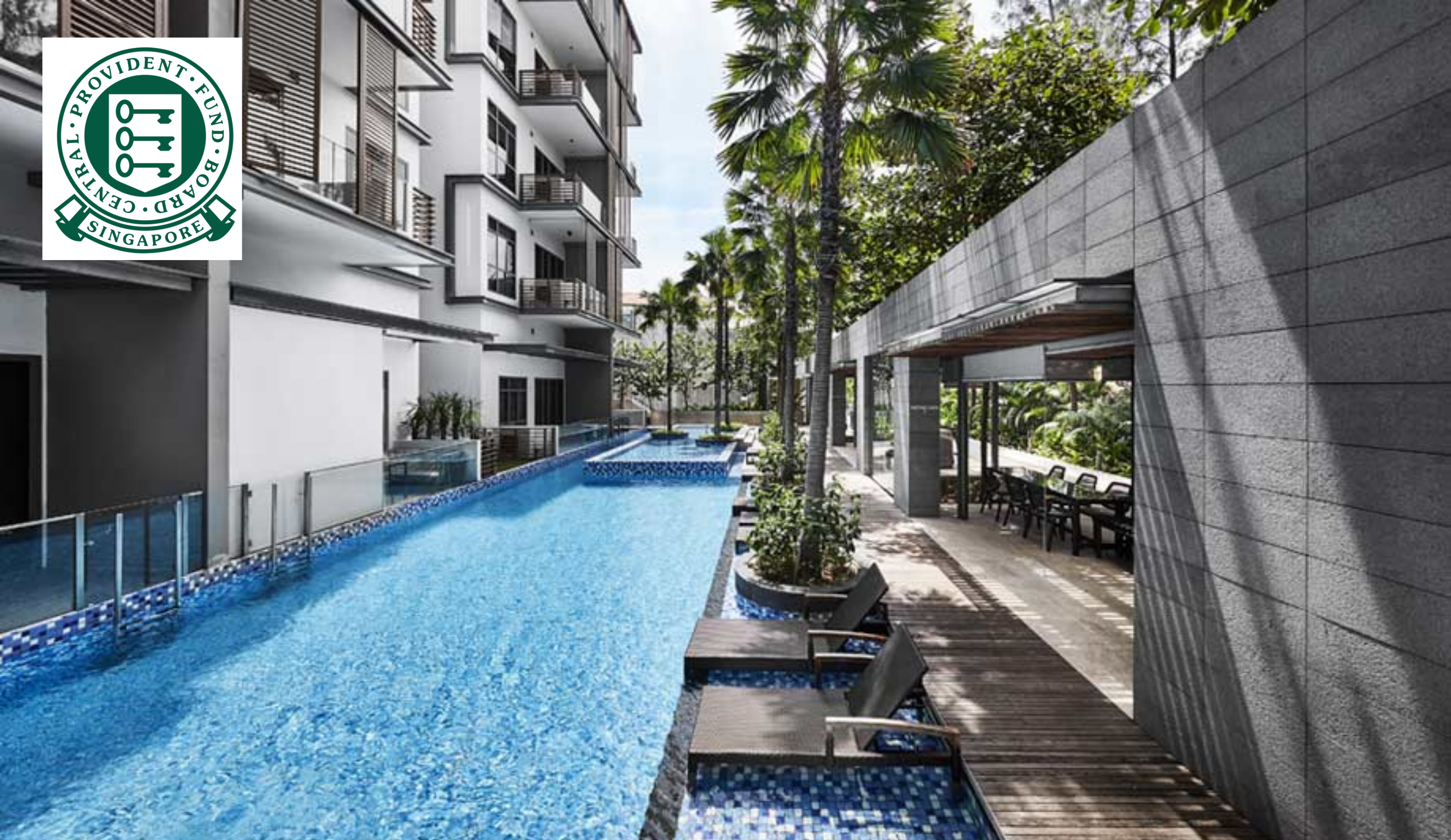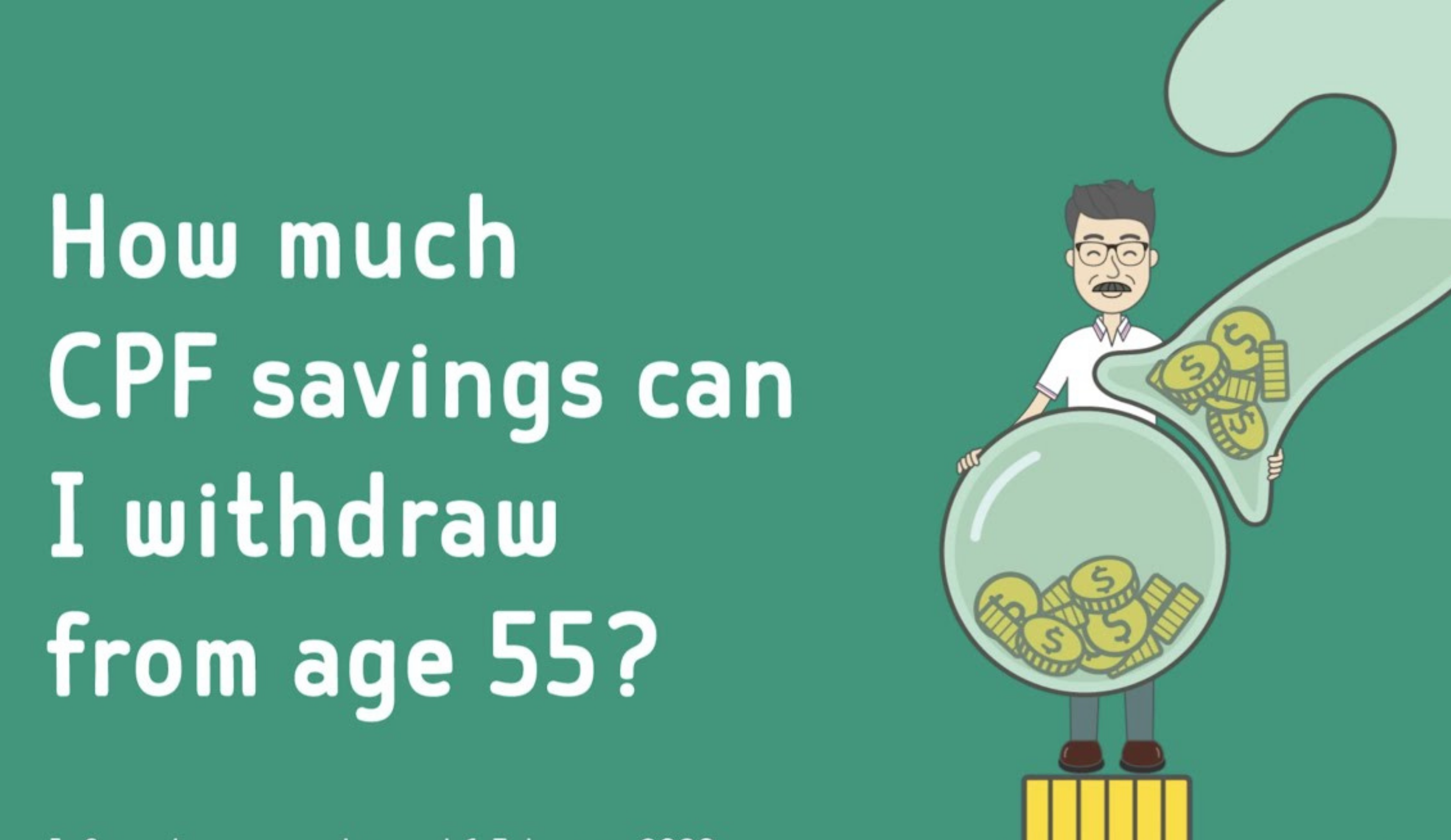Does it Make Sense to Spend All the Funds in Your CPF OA on Your HDB Flat?
This article explains the pros and cons on the two schools of taught that are either to prioritise cash or CPF to pay for HDB flat purchase and the monthly mortgage repayment
Many of the Singaporean youth of today are of the opinion that it’s perfectly normal to use the funds in their CPF Ordinary Account (OA) to finance their HDB flats.
However, this plan should be considered very carefully because the purpose of CPF is to help support you in your retirement. It wasn’t set up to only help with housing.
When you spend your CPF on housing, you are in effect deducting money from your retirement savings. You may not realise it, but the funds in your OA will ultimately be transferred into your Retirement Account (RA) when you reach 55 years of age.
But there is no need to panic. If this is what you’ve planned, it could turn out perfectly fine. As with most things in life, there is more than one point of view regarding the idea of withdrawing funds from your CPF to pay for housing. In this case there are two very prominent points of view on this topic, as follows:
#1: “I believe in paying cash instead of using CPF”
Pros
The reasoning for this point of view is that if you pay cash for your HDB, your CPF savings will keep on earning interest, a huge financial benefit for you. To find out how much you’ll accumulate in interest, take a look:
|
The first $20,000 that goes into your OA |
3.5% p.a* |
|
Everything over that initial $20,000 that goes into your OA |
2.5% p.a. |
|
If you move your OA funds into your Special Account (SA), which is an irreversible move, you better not do this without thinking it through^ |
5% p.a* |
*This would include additional interest earned on the first $60,000 of your combined balances. For more information on CPF interest rates click here.
^People 55 years of age and older can move their OA or SA savings to RA. For more information click here.
The best part of this plan is that it provides for exceptionally stable interest rates. CPF is considered one of the safest ways of growing your savings, as opposed to investing in bitcoin, stocks and bonds, or property. Prices don’t fluctuate, you sit back and passively accumulate more and more money thanks to compound interest.
Also, should you find yourself out of work, you won’t have to worry about not having money to pay your mortgage because you can rely on your CPF savings to cover your instalment payments.
Cons
The biggest drawback is the lack of cash flow. It’s upsetting to see a large amount of your hard-earned income being spent every month on your home loan.
You also forsake the potential for higher returns on investments that you could otherwise have made, in return for security.
This is because the base interest rate of 2.5% p.a for your OA and 4% p.a for your SA are sensational returns on an incredibly safe account. But when you compare that with what you might make in the stock market or by investing in property, these returns do not seem that great.
Note: If you avoid withdrawing from CPF to pay for your home, your OA will earn more interest, which leaves more in your CPF for your retirement. However, it probably won’t make you the kind of money you could possibly make in other investments.
It’s a matter of weighing the risks against potential rewards.
Who Benefits from Paying Cash?
You may be surprised by this, but most of the homeowners we’ve talked to who believe this is best way to go are big savers and not as keen on investing. They find it too risky to put most of their assets in investments, so they feel safer keeping money in their CPF.
#2: “I believe it’s best to pay all my housing costs with CPF”
Pros
This is how most Singaporeans pay for housing, because it allows them to have more cash on hand when they’re first starting out in their twenties and don’t have a lot of cash. Those who do this are very happy that they have this option. In fact, you’ve probably heard young people bragging, “I didn’t have to fork over a single dollar in cash!”
Cons
The biggest drawback of using your CPF to pay for your home is that the reality is that most Singaporeans don’t prepare for their retirement. Most of us use up our retirement funds, so that we can enjoy a comfortable cash flow. It’s a matter of instant gratification, which may just be human nature.
What is less apparent is that with all that extra cash flow, we should be making more investments rather than spending it on frivolities.
So, if paying monthly instalments on your mortgage with CPF gives you an extra $1,000 each month in cash, shouldn’t you think about where all that money might be going?
Are you saving money for your future goals, like being able to support a family and preparing for a comfortable retirement? Or are you spending it all on fun and games?
And think about what happens if you deplete your entire OA on a home, which is what most Singaporeans do. This comes to a huge amount of money that will not be there when you retire.
The point I’m trying to make is that you know how anxious it makes you feel when you take cash out of your CPF today in an attempt to prepare for a better future.
The question is, how cushy of a retirement do you want?
If you want to live a very comfortable retirement, you’ll likely need to make some investments.
You can either keep the savings in your CPF, or you can choose other types of investments, ones that come with a higher risk. Those have the potential of higher returns, which means you can try growing a nice retirement fund in that manner.
It’s the devil you know vs. the devil you don’t know.
When and if you sell your HDB flat, you will be forced to repay the principal CPF that you took out to pay for the flat. This will include the down payment, your CPF Housing Grant, monthly withdrawals that paid the instalments on your mortgage plus the accrued interest. All this money must be refunded to your CPF OA when you sell the flat.
The accrued interest is the amount of interest that you would have accumulated had you not used your CPF savings to pay for housing. They will calculate the interest based on the CPF principal amount that was taken out monthly to pay for housing at the current CPF OA rate of 2.5% and it is compounded annually.
Don’t forget that you are always able to use your OA savings when it comes time to buy your next home. If you are not buying another home, the interest that’s accrued in your OA will remain until you reach your 55th birthday. If you want more information about that, we invite you to read another article we posted, “How much CPF savings can I withdraw from age 55?”.
This is It In a Nutshell
If you’re using cash to pay for your HDB flat, then you are setting money aside in your CPF to build up a nice nest egg for your retirement.
If you’re using your CPF to pay for your HDB flat, then you NEED to set some cash aside to invest, so that you can retire comfortably. You may also want to keep some money in your OA to use in case you lose your job and need to make your mortgage payments. If you don’t need to withdraw money from your CPF savings, your funds will continue to grow thanks to compound interest.
There really is there no one way to plan for your retirement, so it’s whatever you feel most comfortable doing considering your appetite for risk taking.
No one else can make this decision for you. We all have a unique background and grow up with different ideas about how we want to manage our finances and conduct our lives.
But the reality is that we are all responsible for safeguarding our money and our decisions in this regard will affect our loved ones, our aging parents, and future children, who will naturally depend on us.
This means that all of us must be well informed, so that we can manage our money wisely.
At Pinnacle Estate Agency, we strongly believe in sharing our real estate knowledge to the public. For more content like this article, check out our Singapore Property Guides







